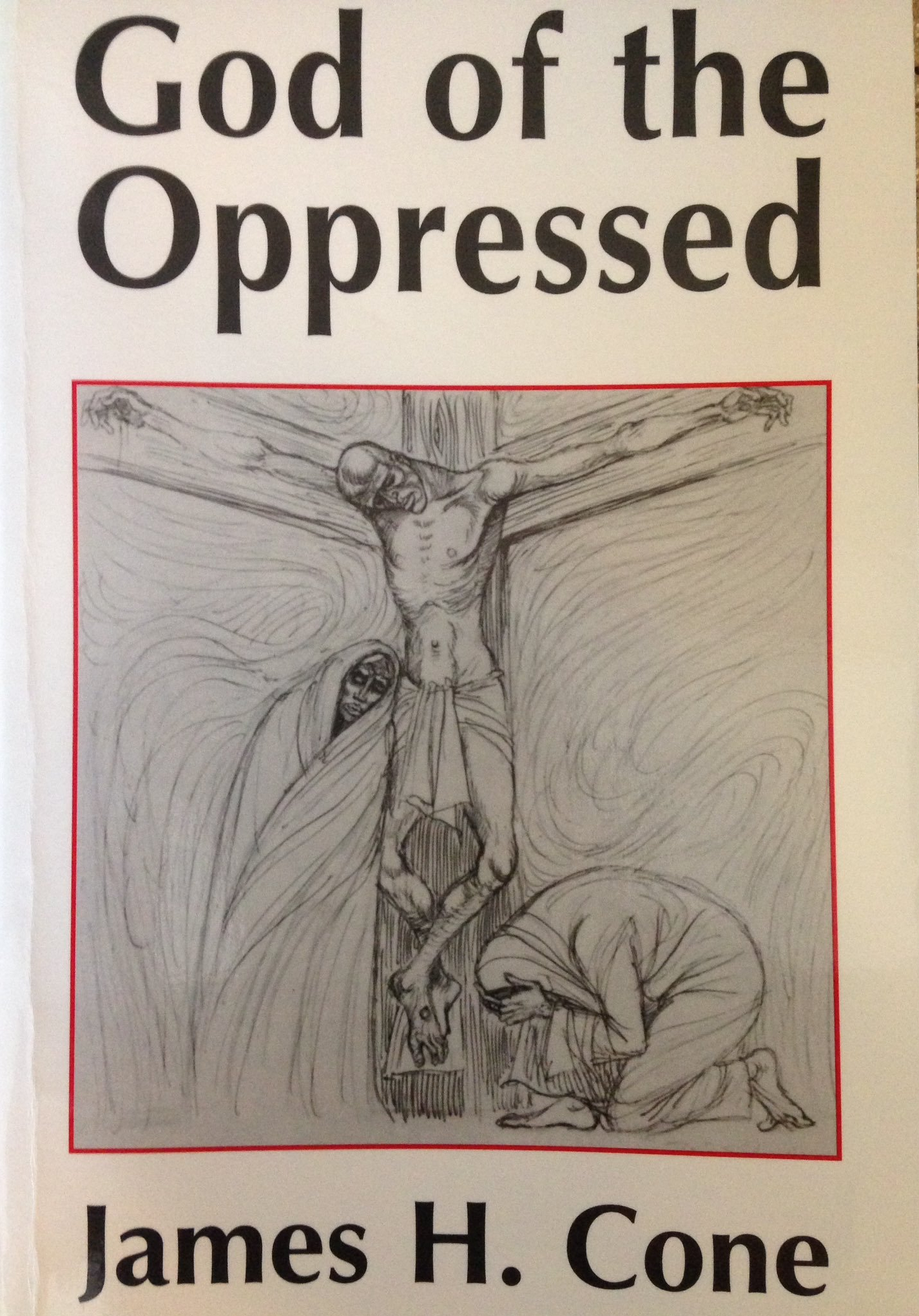
A few days ago, I posted a collection of quotes and analysis from James H. Cone’s classic 1970 work A Black Theology of Liberation. In response, several people commented that in order to assess Cone fairly, one has to be aware of his “theological trajectory” over the course of the next several decades of writing and teaching. To that end, I’ve collected some quotes from his preface to the 1997 edition of his book God of the Oppressed, which I’m currently reading. These quotes include Cone’s own assessment of his theological trajectory since its publication in 1975.
First, writing two decades after the original publication of God of the Oppressed, Cone states that “little has changed” and that it “still represents [his] basic theological perspective:”
However, he adds that: “There are two critical issues, however, that have escaped adequate attention: the Bible and christology, both of which are best understood in relation to continuity with my earlier work.“
With respect to the Bible, Cone writes:
“I still regard the Bible as an important source of my theological reflections, but not the starting point. The black experience and the Bible together in dialectical tension serve as my point of departure today and yesterday. The order is significant. I am black first — and everything else comes after that. This means I read the Bible through the lens of a black tradition of struggle and not as the objective word of God. The Bible therefore is one witness to God’s empowering presence in human affairs, along with other important testimonies. The other testimonies include sacred documents of the African-American experience — such as the speeches of Malcolm X and Martin Luther King, Jr., the writings of Zora Neale Hurston and Toni Morrison, the music of the blues, jazz, and rap. Liberating stories, myths, and legends are also found among men and women of all races and cultures struggling to realize the divine intention for their lives. I believe that the Bible is a liberating word for many people but not the only word of liberation. God speaks not just one Word in only one Story but many liberating words in many sacred stories.” (p. xi)
He later continues: “I have never believed that the Bible is above criticism or that it serves as an absolute judge in faith and practice.” (p. xii)
With respect his view of Jesus Christ, Cone writes:
“Since 1975 a radical development has taken place in my christological reflections. No longer can I do theology as if Jesus is God’s sole revelation. Rather he is an important revelatory event among many. God speaks to people through many persons and events in a variety of ways. While I find it meaningful to speak of Jesus as God’s Black Christ who empowers African Americans in their fight against white supremacy, I cannot limit God’s revelation to Jesus or to the fight against white racism.” (p. xiv)
Cone’s decentering of Christ includes his views on the nature of Christ’s atonement. He states: “I agree with feminists and womanists who reject the theories of the atonement — ransom, satisfaction, moral influence, substitution, penal, etc. — as reflecting the God of patriarchy, the values of the dominant group.” (p. xv)
Finally, his racial perspective on the role of Whites vis-a-vis evaluating Black theology remains unchanged since his writing of A Black Theology of Liberation in 1970:
“Since whites have been the most violent race on the planet, their theologians and preachers are not in a position to tell black people, or any other people for that matter, what they must do to be like Jesus.” (p. xvi)
By his own account, Cone’s theological views changed little between 1970 and 1997, except to grow more liberal.
Related articles: